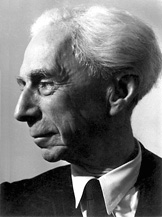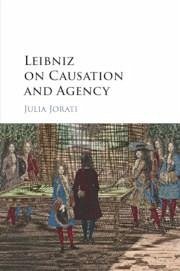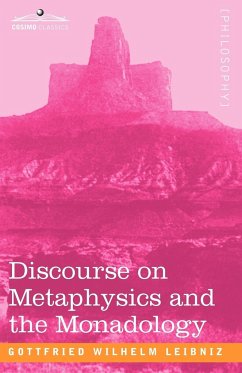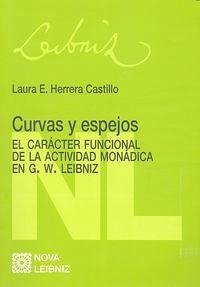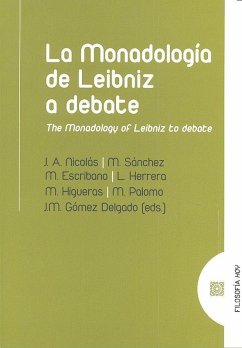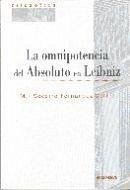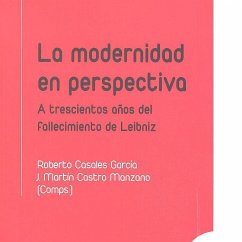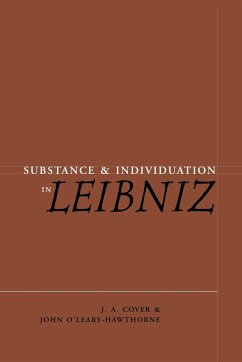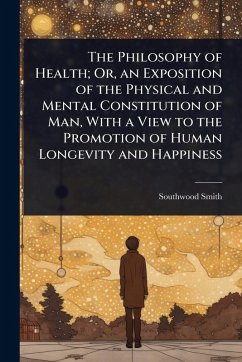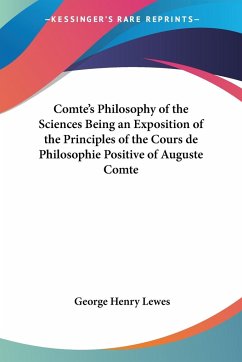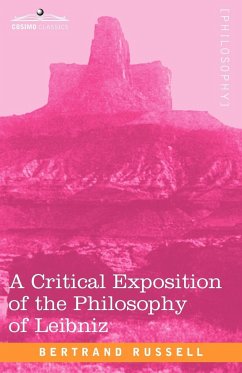
A Critical Exposition of the Philosophy of Leibniz
With an Appendix of Leading Passages
Versandkostenfrei!
Versandfertig in 1-2 Wochen
30,99 €
inkl. MwSt.

PAYBACK Punkte
15 °P sammeln!
The writings of German mathematician and philosopher GOTTFRIED WILHELM LEIBNIZ (1646-1716) have had an incalculable impact on modern science and technology, from physics and computers to law and psychology. But not everyone is a fervent fan. At the turn of the 20th century, the great British thinker Bertrand Russell uncovered what he believed was the hypocritical secret to Leibniz's philosophy: a hidden devotion to a logic he did not reveal in his writings. Here, Russell explores Leibniz's work from this perspective, examining the premises of Leibniz's work, the questions raised by his argumen...
The writings of German mathematician and philosopher GOTTFRIED WILHELM LEIBNIZ (1646-1716) have had an incalculable impact on modern science and technology, from physics and computers to law and psychology. But not everyone is a fervent fan. At the turn of the 20th century, the great British thinker Bertrand Russell uncovered what he believed was the hypocritical secret to Leibniz's philosophy: a hidden devotion to a logic he did not reveal in his writings. Here, Russell explores Leibniz's work from this perspective, examining the premises of Leibniz's work, the questions raised by his arguments, the validity of Leibniz's proofs, problems with his "philosophy of matter," and much more. First published in 1900, this is a replica of the 1937 second edition, and is complete with the original, extensive appendix of relevant extracts from Leibniz's work, essential for understanding Russell's critique. British philosopher and mathematician BERTRAND ARTHUR WILLIAM RUSSELL (1872-1970) won the Nobel Prize for Literature in 1950. Among his many works are Why I Am Not a Christian (1927), Power: A New Social Analysis (1938), and My Philosophical Development (1959).



